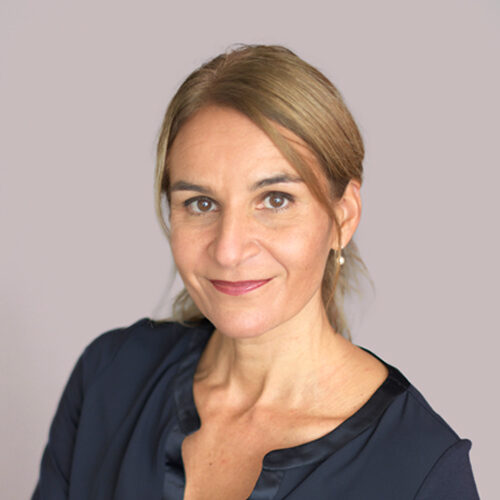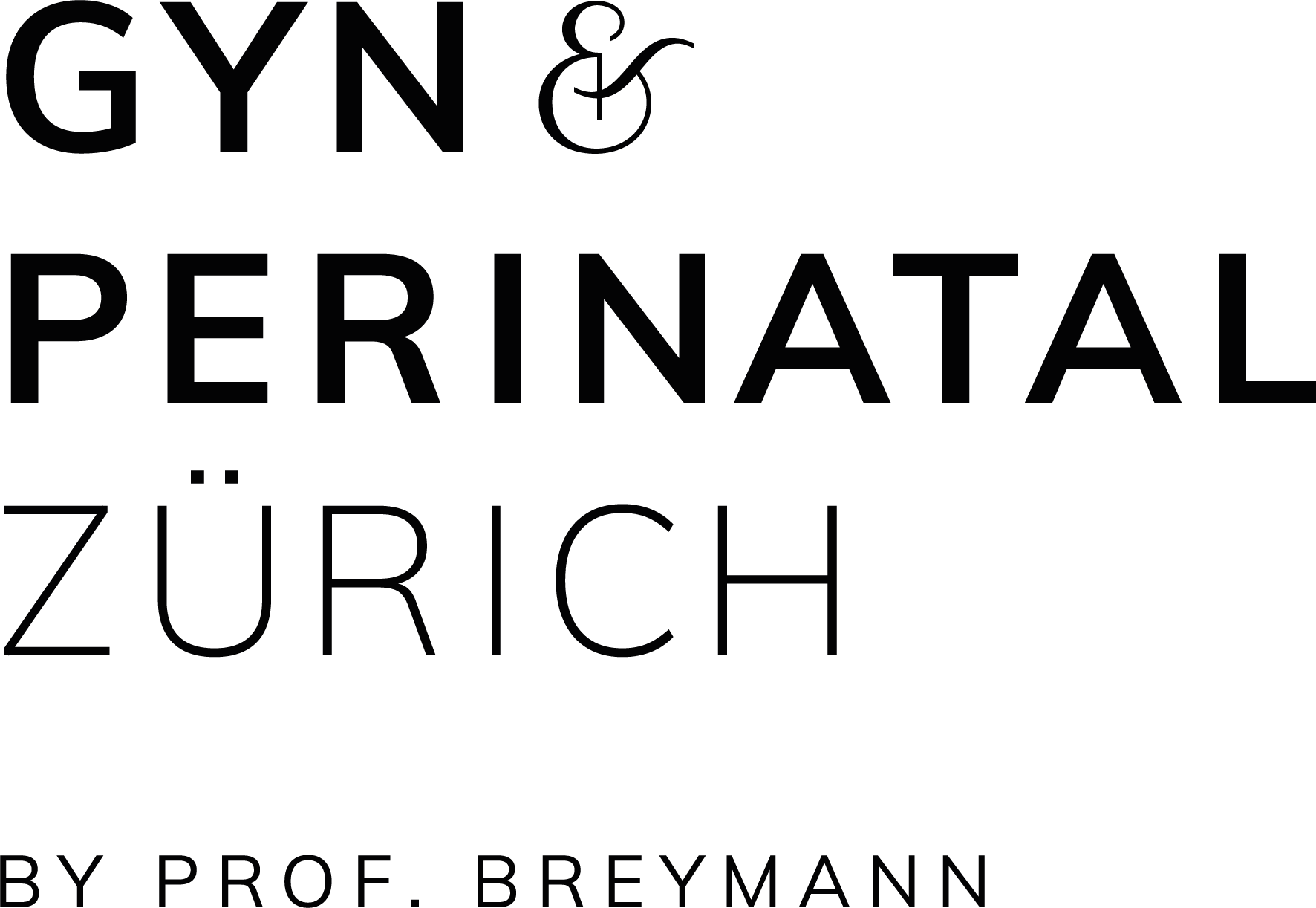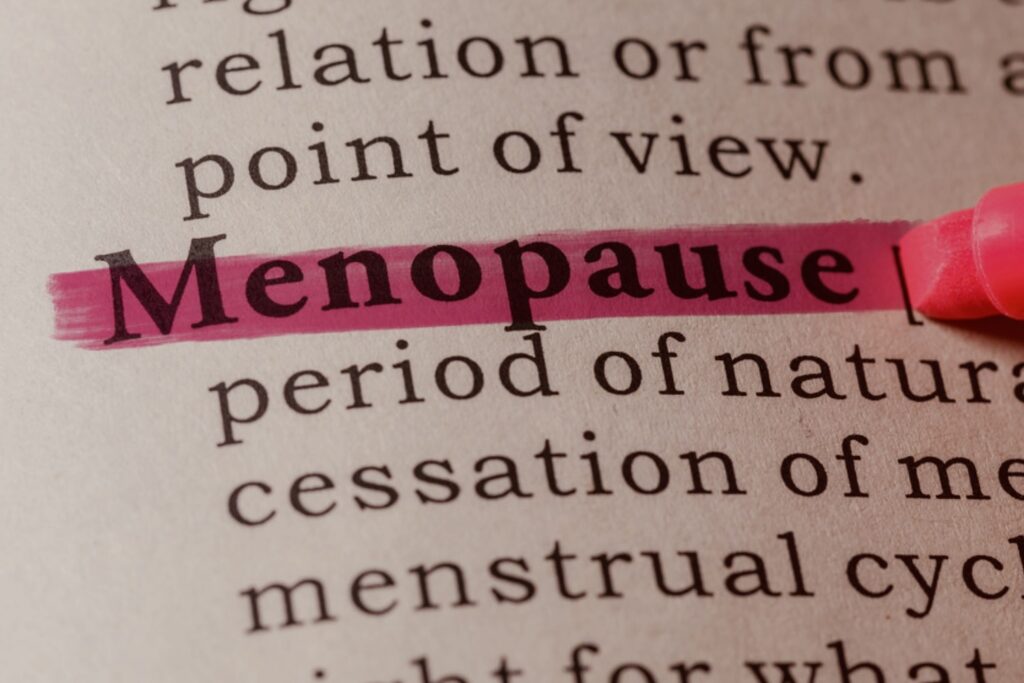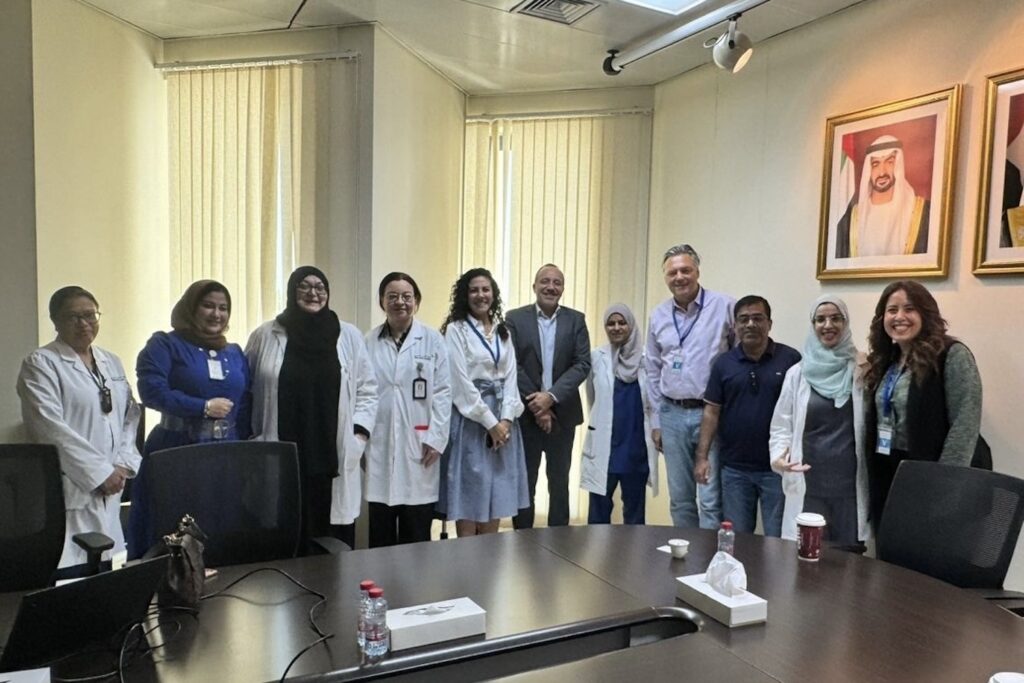Iron deficiency (ID) from pregnancy to menopause - current status and new findings
Worldwide, about 30% of women of childbearing age suffer from anaemia. At least half of these cases are due to iron deficiency. In Switzerland, 5-20% of women are affected by iron deficiency/anemia.
Various causes of iron deficiency (ID)
- Insufficient iron intake (food)
- Reduced absorption (intestinal diseases, chronic diseases)
- Blood loss (heavy menstruation, peri-partum, surgery, gastro-intestinal bleeding).
- Increased need (pregnancy, growth/adolescence, competitive sports)
One of the common causes of ID is heavy or abnormal uterine bleeding (hypermenorrhoea).
As soon as there is excessive menstrual blood loss (i.e. more than 80 ml per menstrual cycle), this is called heavy menstrual bleeding (HMB).
Influence of Heavy Menstrual Bleeding (HMB)
Heavy Menstrual Bleeding (HMB) affects women's physical, emotional, social and material quality of life.
Prerequisite for the treatment of iron deficiency (ID)
The prerequisite for the treatment of ID is the cause of the bleeding (PALM-COEIN FIGO classification system) and the correct diagnosis with laboratory parameters (Hb, ferritin, TSAT, sTfR).
Treatment of iron deficiency/anaemia by:
- Nutrition (meat, fish, vegetables)
- Drug therapy
- Oral iron substitution
- Intravenous (IV) iron substitution
- Hormonal therapy
- Surgical therapy
- In case of intolerance or lack of effect of oral iron therapy, a switch to IV treatment with iron carboxymaltose (ECM) is recommended.







